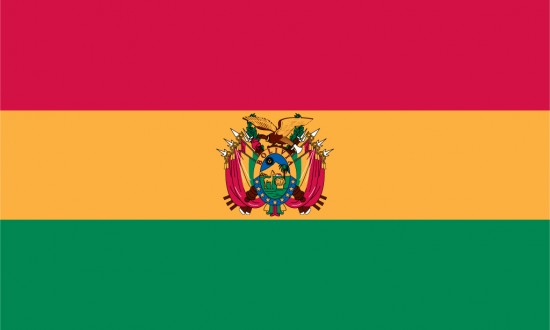
Guest author for this article, Robert, is a UK writer living in Bolivia. He is currently a writer for Listen and Learn.
Top 10 Bolivian Spanish Words and Expressions
When you travel around South America you’ll realize the words and expressions used vary from one country to another. Sure, your Spanish level might be up there with the best of them, but what about those tricky regional variations?
If you’re planning on heading to Bolivia then take note of a few of the words and phrases you might come across there for the first time.
1. Bien pesadito
You will probably spend a lot of time in the markets in Bolivia, as this is where you can eat and shop cheaply and in an interesting setting. The vendors always seem to treat gringos fairly but if you want to make sure they give you the right amount of something then this is the phrase to use. It means properly weighed but the diminutive softens it so that no one can take offense, which is a common tactic here.
2. ¿Me va a servir bien mercadito, ya?
This is kind of like the previous point but refers more to a plate of food that you want to see filled up the way it should be. There are a couple of interesting points in this phrase. First of all, the formal use of usted instead of tu is widespread here. Secondly, ending a phrase in ya just means ok in Bolivia, although you may have learned it as meaning “already”.
3. Full
The Bolivian usage of the English word full really confused me at first. They don’t mean it in the same sense, which is lleno in Spanish. Instead, they mean well equipped. For example, an apartment which is luxuriously decorated would be a full departamento.
4. Salteña
If you’ve been to Argentina before Bolivia you will probably know that a Salteña is someone or something that comes from the city of Salta. However, in Bolivia they use this word to describe the delicious mid morning pastry snacks that no tourist can spend time here without becoming addicted to.
5. Estoy yesca
This is a great little expression which means to have no money on you. I have never heard it used anywhere but in Bolivia, although I just did some research online and it seems that Mexicans call marijuana by this name – you might want to be careful where you throw this one around.
6. Bolivia, Corazón de Sudamérica
Bolivians are very proud of their country. An expression that sums it up is this one, which says that the country is the heart of the continent.
7. ¿Que va a llevar caserita/o?
This is an expression that you’ll hear in markets – some of the vendors might even direct it at you! Caserita or caserito is a person who buys from a stallholder and this phrase would be used to ask you what you’re going to buy and take away with you.
8. Te invito
This expression would make sense anywhere in the Spanish speaking world, I think. However, the reason I have included it here is that it is used in a very Bolivian custom. When you are with a group of locals who are drinking they will probably only use one glass and pass it to each person in turn. Before you take your last drink from the glass, look at the person you’re going to pass it to and say te invito, which means I invite you (to a drink).
9. ¡Velay!
This word is an expression of surprise which is used like ¡Caramba! in other Spanish speaking countries. You can use it in a variety of settings when you’re told something that surprises you.
10. Sorochi
As far as I am aware, Bolivia is the only country where they call altitude sickness sorochi soroche. In fact, if you are in La Paz and want to take something to combat the nasty effects of this condition you will find sorochi soroche pills on sale.
Check out these other Bolivian Spanish Slang Word articles.